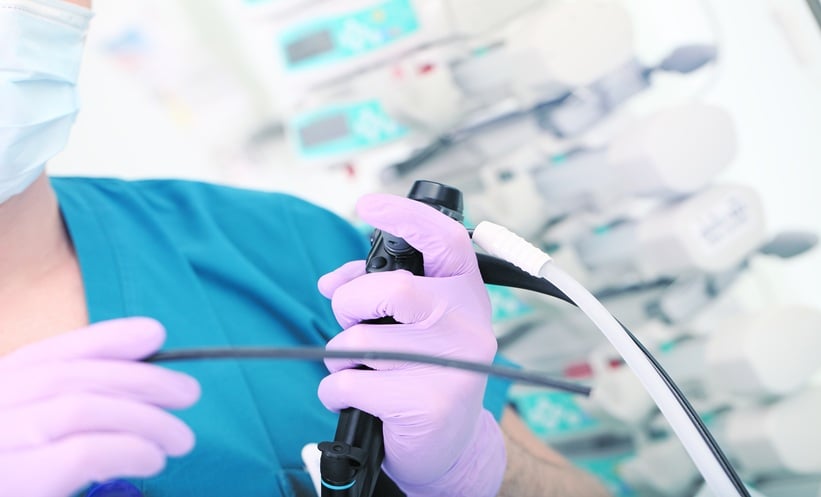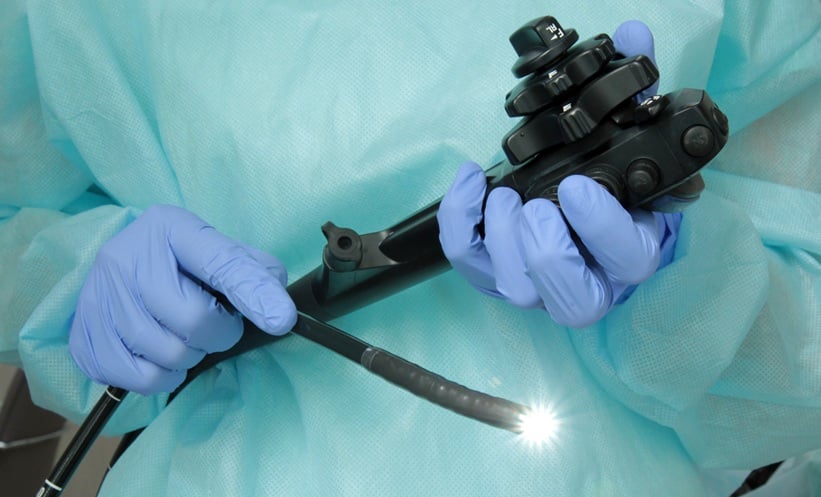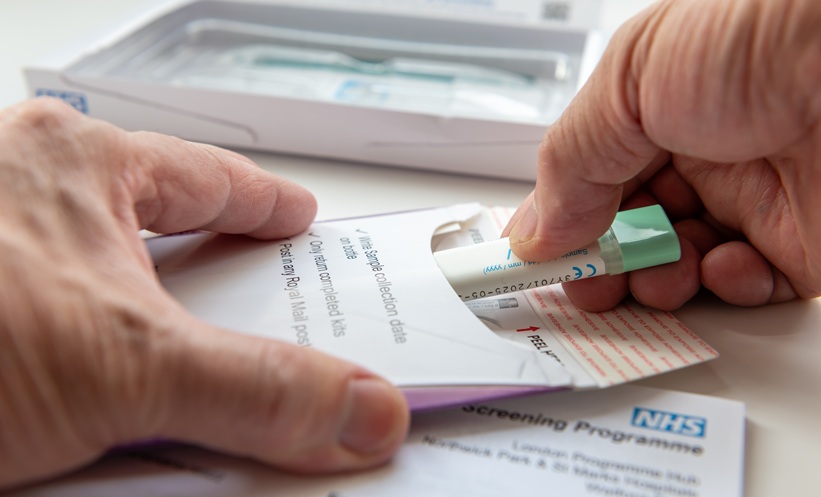A NEW retrospective study from Vietnam has challenged existing assumptions around the timing of endoscopy in cirrhotic patients experiencing oesophageal variceal bleeding (EVB). While international guidelines often recommend endoscopy within 12 hours of admission, this study found that timing alone may not significantly influence patient outcomes.
Researchers at a Vietnamese medical center reviewed records of 265 patients with cirrhosis who underwent endoscopic variceal ligation (EVL) between 2022 and 2024. Patients were categorised based on whether endoscopy occurred within 12 hours (“early”) or after 12 hours (“delayed”) of hospital admission.
Surprisingly, no significant differences were observed between early and delayed endoscopy groups in terms of 5-day treatment failure, mortality, ICU admission, blood transfusion needs, or length of hospital stay. Even after adjusting for potential confounders using propensity score matching, the results remained consistent.
Instead, the study identified other key predictors of in-hospital mortality: low systolic blood pressure, high serum creatinine, and advanced liver disease classified as Child-Pugh class C.
These findings suggest that strict adherence to a 12-hour endoscopy window may not be necessary in all cases. Rather, the decision should be guided by patient stability and clinical judgment.
Reference
Nguyen KP et al. Impact of timing of endoscopy on clinical outcomes in cirrhotic patients with esophageal variceal bleeding: a monocentric retrospective study from Vietnam. BMC Gastroenterol. 2025;DOI: 10.1186/s12876-025-03989-7.








